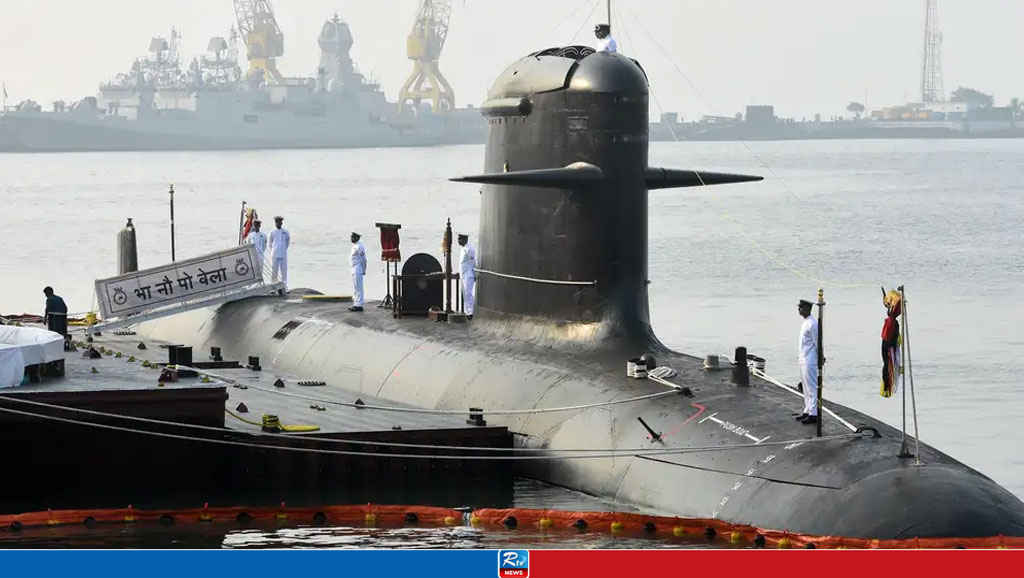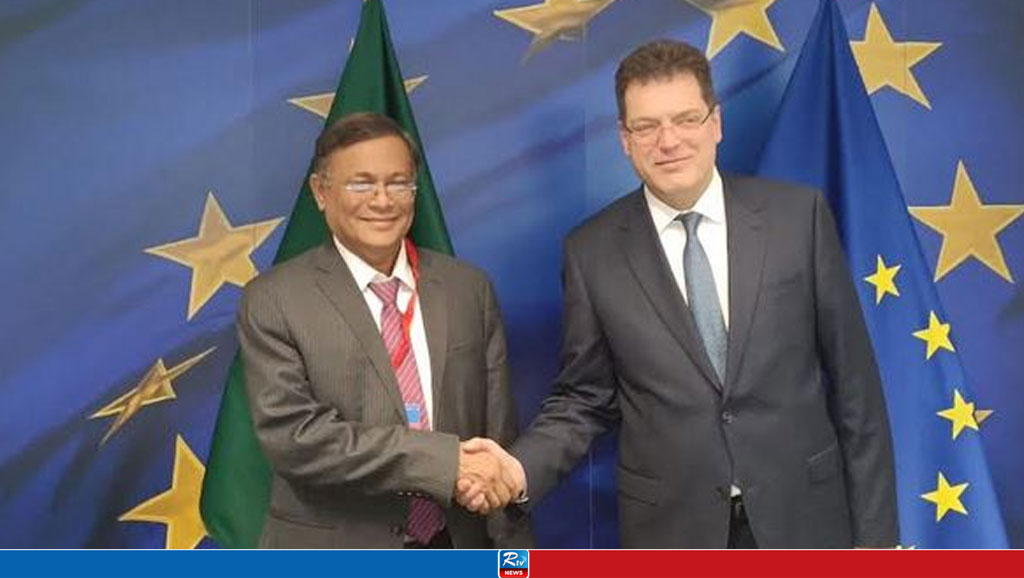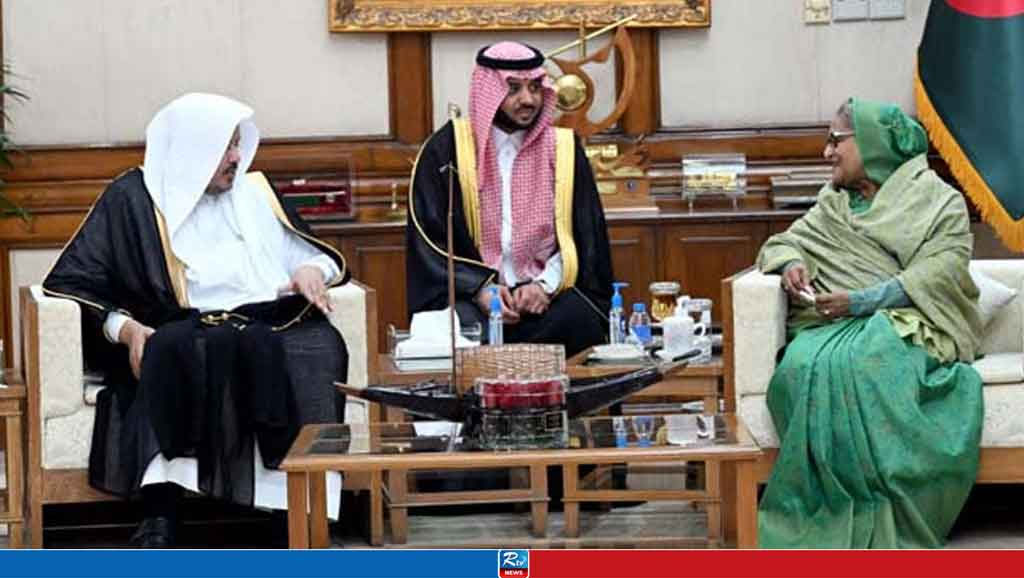India, Germany push to boost defense ties
Military ties between India and Germany have been minimal, but Russia's war against Ukraine and China's growing assertiveness are causing New Delhi and Berlin to rethink their defense partnership.
In a significant strategic change, Germany is signalling an interest in boosting military relations with India.
Earlier this month, the German ambassador to India, Philipp Ackermann, said in an interview that there is now a "clear political will" in Berlin to improve defense ties with New Delhi, calling it a "huge paradigm shift."
"We have earlier been very hesitant. Now, there is clear political will in Germany to increase defense cooperation with India through military visits, exercises, co-production and other areas, including new ones like cyber," Ackermann told The Times of India on March 4.
The defense minister of both countries held talks in Berlin at the end of February over developing defense cooperation, the security situation in the Indo-Pacific and possible joint exercises in the region.
The German air force is now slated to take part in multilateral drills hosted by the Indian air force in August, along with France, the US and other countries.
In October, a German naval frigate and a combat support ship are scheduled to visit India's western state of Goa.
What's driving the change?
Germany is beginning to see India as a natural partner in the region, said observers, pointing out that the shift in Berlin's attitude toward New Delhi is driven by Russia's war in Ukraine and China's rising assertiveness in the Indo-Pacific region.
For India, it's about reducing a decadeslong dependence on Russian arms and diversifying defense procurement.
Defense ties between Berlin and New Delhi have so far been minimal as "there was very little commonality" and both were "looking elsewhere rather than at each other," Arun Prakash, a former chief of the Indian navy, told DW.
"Germany was focused on the EU and India's main defense relationship was with Russia, France and Israel. So, to put it in a nutshell, so far the relations have been quite distant, except for one instance where we acquired four submarines in the late 1980s, the HDW," he said. "That program also, unfortunately, went into terminal decline."
German Defense Minister Boris Pistorius' visit to India last year provided a renewed thrust to the bilateral defense partnership.
The first German defense minister to visit the South Asian country since 2015, Pistorius is in favor of making defense cooperation and weapons deals with India easier by treating the country as a strategic partner like Australia or Japan.
Defense experts in India have said New Delhi would welcome such a change. "German engineering and German technology have always been superior but we knew that Germany was focused towards the EU, plus legal restrictions prevented exports, so we didn't receive too many offers from Germany," said Prakash.
"They are now changing their laws and are being more open about military hardware being made available to us. We'll be happy with that."
During the defense minister's trip to India, German and Indian companies signed an agreement envisioning the possible construction of six advanced stealth diesel-electric submarines.
Prakash noted that the Indian navy would welcome having German equipment in its inventory, provided there was also an agreement on support and spare parts.
Defense cooperation in 'mutual interest of both nations'
Deependra Singh Hooda, a retired lieutenant general and former commander of the Indian army's northern command, sees closer military relations as a win-win for both India and Germany.
"India needs to modernize," he said. "It needs to diversify its weapons procurement. It's looking for additional technology and Germany has a very strong and robust defense industry. There is a huge scope for cooperation to grow, which is going to help both sides."
Prakash shares a similar view. "At this current moment, it happens to be in the mutual interest of both nations to establish relationships with each other and see how they turn out," he said.
While India is the world's largest importer of military gear, Germany is one of its biggest exporters.
Hooda said New Delhi's weapons needs are extensive. "If you look at India's defense imports, they cut across everywhere. India's defense industry is not well-developed. I think the scope is very vast considering that India's requirements are huge. There is a great deal of capacity and opportunity on both sides," he said.
German, Indian air force to focus on joint drills
Joint drills form another element of the cooperation.
The multilateral air force exercises in August are expected to see participation by dozens of German aircraft, including the Tornado jets, Eurofighters, midair refueling tankers and military transport planes.
"When the German air force contingent flies into India for the exercises, the formation is going to be led by their chief himself. He is going to fly in with the Eurofighters. I have not seen this happening before," Anil Golani, a retired air vice marshal and the additional director general of New Delhi-based Centre for Air Power Studies, told DW.
He said many air forces worldwide are increasingly wanting to take part in drills with the Indian air force.
"One of the reasons is that we operate both the Russian as well as Western fleets of aircraft — the Sukhoi, the Rafale and the Mirage, among others. Nowhere else do the other air forces get to pitch their aircraft against the Russian-made fleet."
What does the future hold?
As India and Germany embark on a path to forge closer defense relations, observers have said there is also a need for the two nations to understand each other's strategic concerns.
"Germany has been looking with suspicion at why India has not come out openly on one side in the Russia-Ukraine war. But it has its own strategic concerns. We should look at areas where there's convergence and wherever there are differences, sit and discuss and get greater clarity on both sides," said Hooda.
"Frankly, if you look, that's how the India-US relationship has matured over the years."
While Golani said the future of Indo-German defense relations is "good and robust," former navy chief Prakash stressed that "it is hard to predict the future and how the relations will turn out."
He said India and Germany should first make a start and carry out a project to its successful conclusion. "That will lead the way to future relations," he said.
26 Mar 2024,17:51

















 Live Tv
Live Tv









